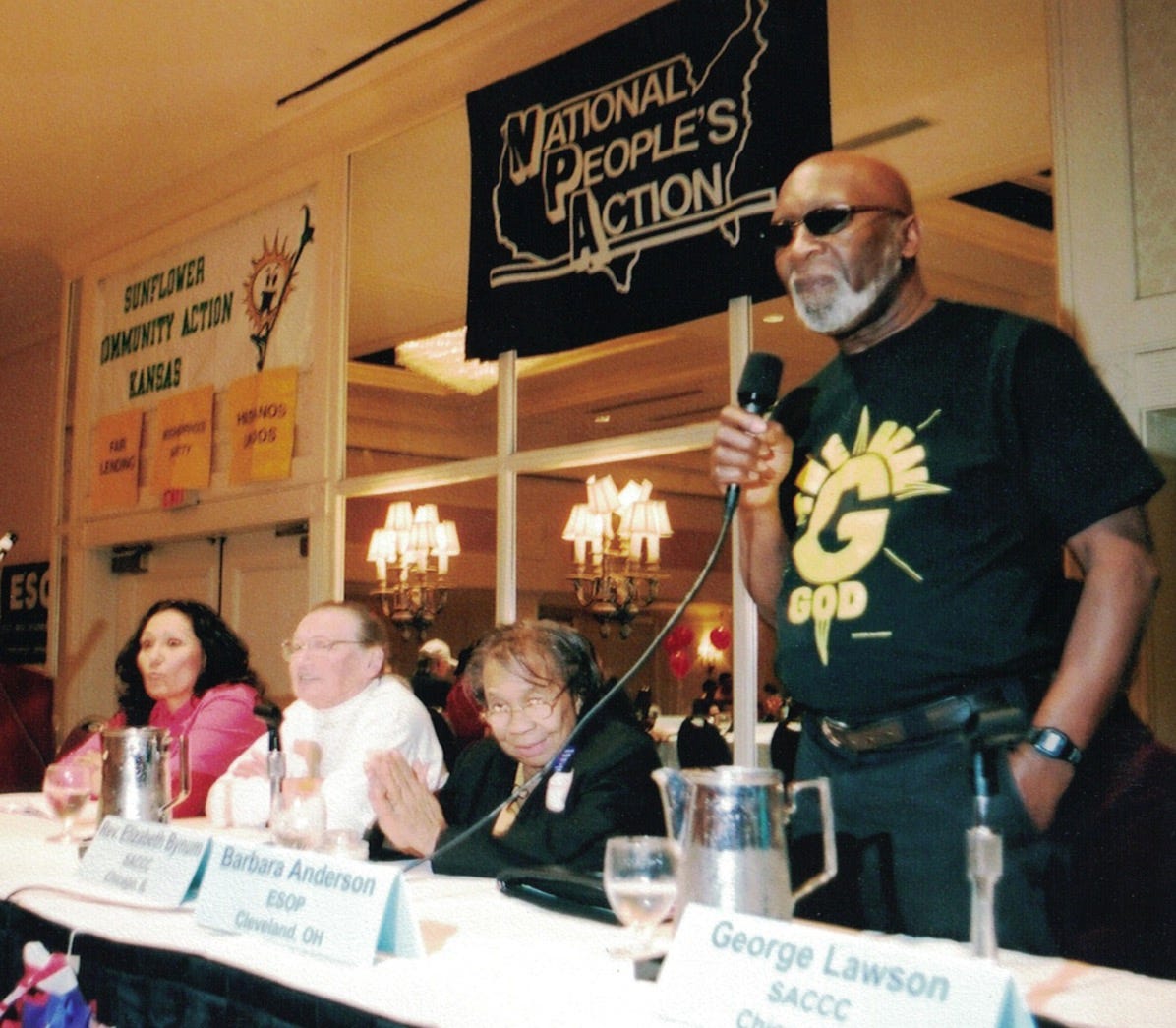Making the Complicated Simple
When I joined the progressive sector I longed for a glossary to make it through the day, wondering if I was the only one who didn’t get a copy.
The first organizing fundamental I was taught was to meet people where they are. That includes how we talk.
Today, many progressive organizations have become a bubble within a bubble, making less sense to more people by the day. Today we speak a language all our own, often sounding more like the ivory tower than the street. If the people we are trying to organize have to pull up google to understand what we are saying, we are in deep shit.
As I shifted from organizing in working class neighborhoods to also being part of the progressive sector, I longed for a glossary to make it through the day, wondering if I was the only one who didn’t get a copy.
The rich and powerful deliberately make things hard to understand as a means to remain in power. If things are too complex, the rest of us start to believe that the people in charge are the experts. We don’t like their actions, but they do have the knowledge.
The organizer’s job is to call their bluff. To flip that experience on its head and make the complicated simple. To remind people that they are the experts on the issues that impact their lives.
There’s been a tendency lately to do the opposite – to instead make the simple, complicated. To lead with words – both technical and ideological - that leave lots of people scratching their head, wondering if they attended the right meeting.
This doesn’t mean the analysis and vision behind the big words are wrong, but how they are introduced matters.
This year marks 50 years since the founding of National People’s Action (NPA) and the 45th anniversary of the Community Reinvestment Act. The early fights to battle redlining in Chicago were led by the Westside Coalition, a citywide coalition of neighborhood organizations that launched National People’s Action.
Within the redlining fight there was no shortage of complicated terms. We are talking S&Ls and Thrifts, bizarre names like the Office of the Comptroller of the Currency, and all kinds of technical language. They had to learn and translate.
Regulatory compliance = following the rules
Financial institutions = banks
Implementation = actually doing the thing
Inter-agency = all the players
Mortgage origination = making a loan
The words the bankers spewed could be overwhelming, but the issue was simple. People in the neighborhood were depositing money in banks. Those same banks were intentionally not lending that money to people in the neighborhood.
Residents of the Woodlawn neighborhood, a Black community on Chicago’s Southside, had deposited $48 million in neighborhood banks, and received one single loan from those banks. “They took our money, and decided they would lend it to anyone but us” was the battle cry. At the end of the day it was not complicated.

NPA organizers from this period went on to win two federal policies that remain among the most significant in the history of community organizing. The Home Mortgage Disclosure Act required banks to disclose by race, gender, and annual income who they made and denied loans to. The Community Reinvestment Act created leverage for communities to combat redlining and spurred trillions of dollars in investment in low- and moderate-income communities.
They won these things not by beating their chest about how smart or left they were. They won them by using common sense language that brought more people into the fight.
There are big words and concepts that are important for people to know - they help sharpen our take on what is really going on. That is why we introduce them with no assumption that people would or should know them. We are trying to help people feel a sense of power, not stupid.
As we bring more people together, deliver tangible wins, and build more trust, we can get into the verbiage and the ideas behind them. But unless we are organizing the converted, that is not how we open, that is not what’s on the flyer, the Facebook post, or the agenda at the first meeting.
There are millions of people who need the power of organizing. Let's meet people where they are, including in the way we talk.
Here’s some more inspiration and agitation.
Today’s organizers carry a heavy load. This Letter to a Young Organizer is in recognition of the challenge of organizing in this time.
I’ve been interviewing organizers about the craft of organizing. One of my favorites was with long-time organizer Stephen Roberson. You can listen to it here.
Hungry for more? Here’s the Fundamentals of Organizing column.


George this is great. We all fall into this trip -- I see younger organizers try to show their insider knowledge by using jargon and acronyms; I see more experienced organizers use jargon and acronyms as shorthand. But the language we use within our teams is likely to be the same language we use with the public. The most effective organizers I know never use acronyms, never say something fancy when something simple will do, they don't let words get in the way of building understanding, trust and (eventually) power.
Great piece, George! Keep em coming.